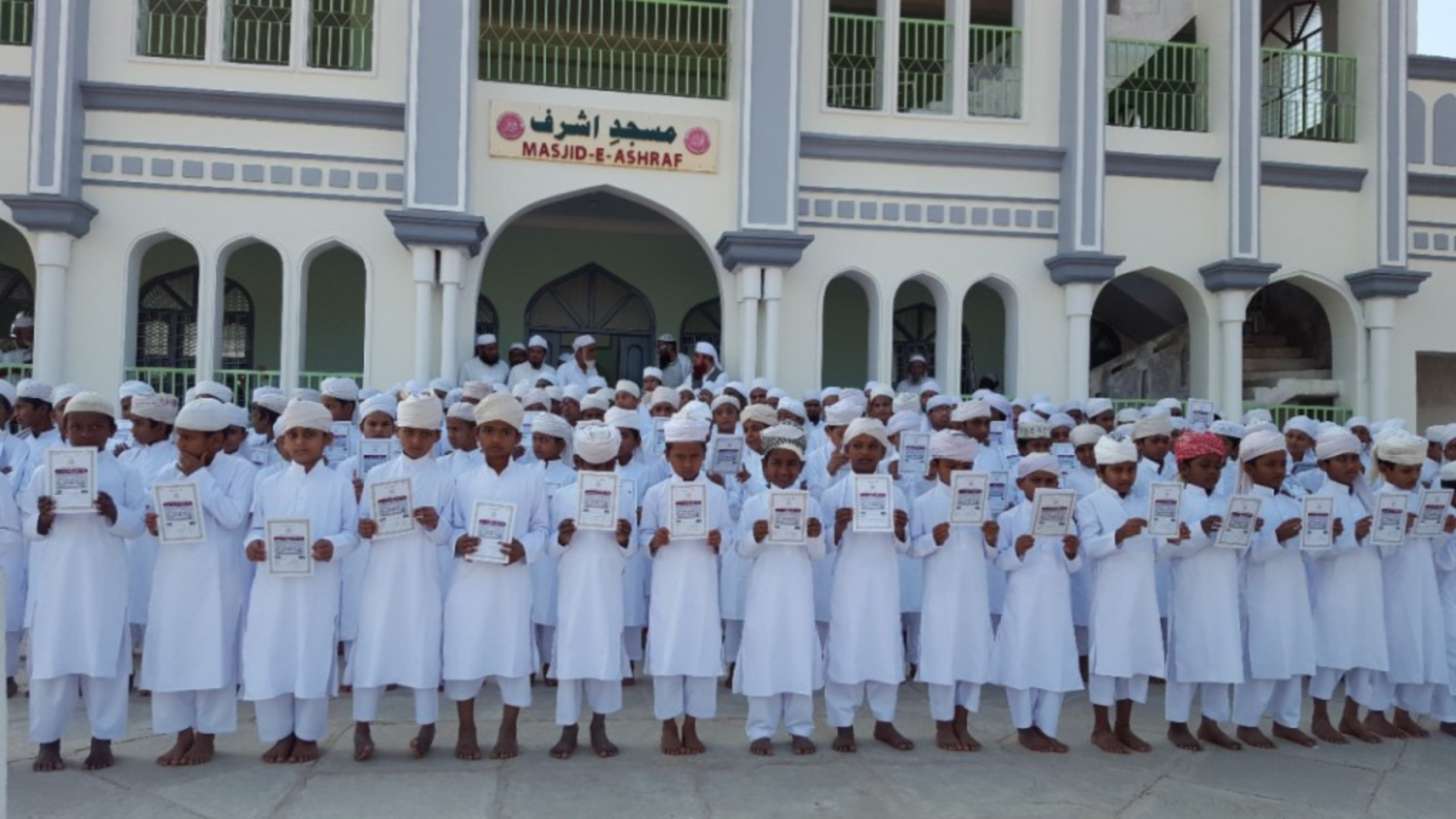
However, Madrasas also put a negative impact on gender equality through their curriculum and textbooks which might not be gender-inclusive and instead promote the conservative or traditional narrative of women’s roles, as studies have found in Bangladesh, Indonesia, Malaysia, Pakistan and Saudi Arabia.
In India, Article 30 of the Constitution of India provides fundamental rights to minority citizens to establish or administrator educational institutes or faith-based schools.
However, the administration of these religious schools, especially the madrasa, has been the topic of politics in India.
Primarily the gender-based discrimination does not found in religious schools, but the passport graduates of faith-based schools have fewer positive opinions toward women’s higher education and working mothers, they believe that wives’ primary role is to raise children, believe that God determines the ideal number of children, and express a desire for large families, according to the worldwide education monitoring report on the topic of “deepening the discourse on those left behind” published by UNESCO.
The report noted that Several decades ago gender disparity in education was high in many Muslim-majority nations in Asia continent.
Substantial improvements to increase access and close gender gaps have since been achieved, in partnership with non-state faith-based providers.
The rising enrolment of girls in madrasas released social constraints on women’s mobility in conservative rural areas where madrasas have been low-cost settings to achieve universal education.
The teaching and learning practices such as gender segregation and gender-specific restrictions on social interactions may reinforce the notion that such non-inclusive or discriminative practices are socially acceptable, the report stated.
A new study comparing female secondary school and madrasa graduates compliment the report states that unrecognized madrasa students have less favourable opines toward women and “their abilities than did their peers in secular schools.”
Teachers in traditional madrasas have found that they have a significantly larger families.
The report also found that the teachers may lack the training to address gender issues and may act as negative models and affects students’ opinions on fertility.
The report notes, While madrasas mainly pursue a curriculum that emphasizes a religious way of life, however, the condition is far from uniform both within and between countries.
Some countries integrate madrasas with the state curriculum while others attach to traditional models.
However, the UNESCO report recommends, to do not exaggerating any potential adverse consequences of faith-based schools.












